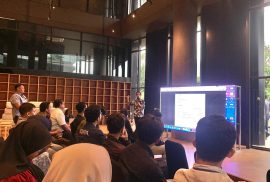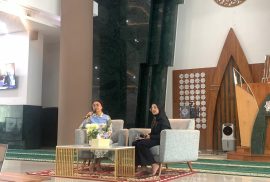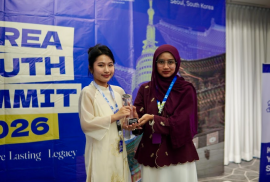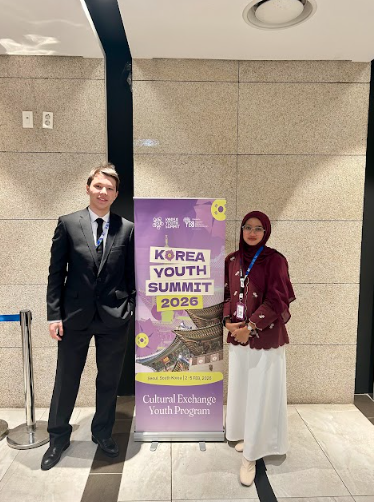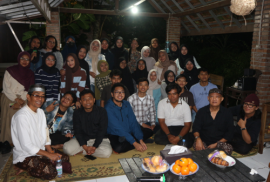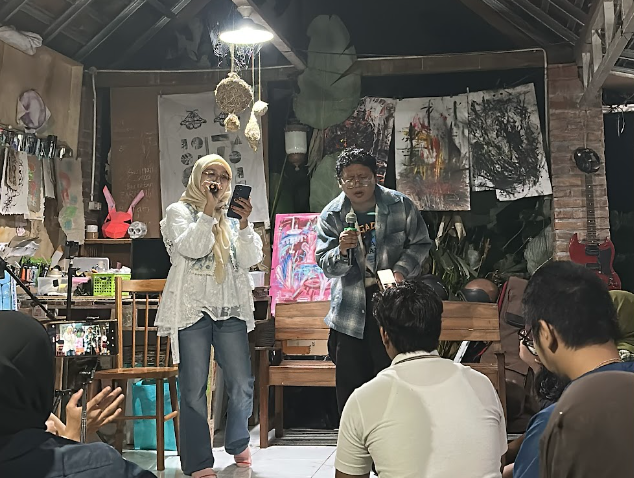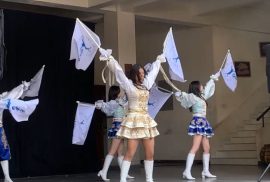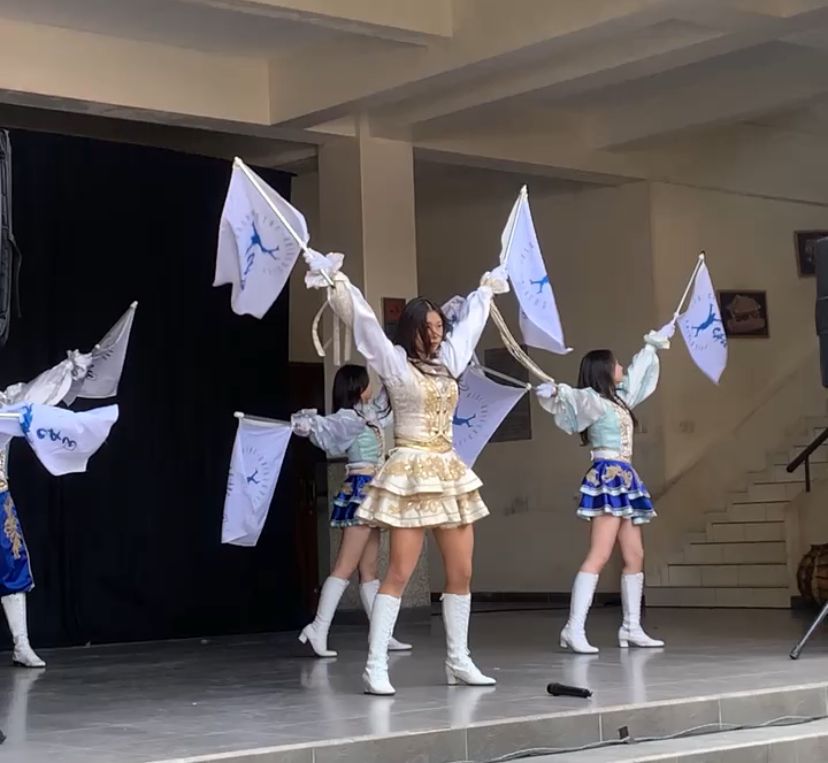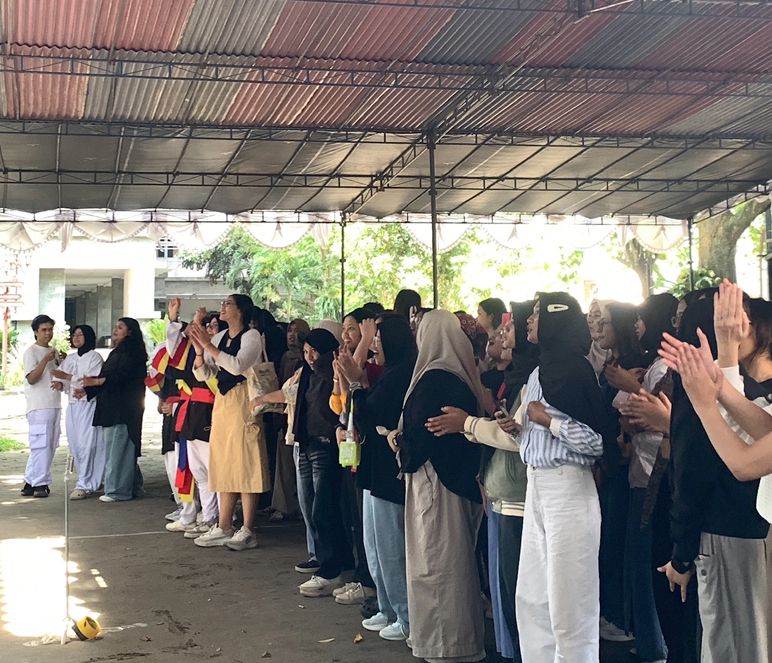Khabib Anwar, widely known by his digital persona “Rektor Desa” (Village Rector), continues to promote village empowerment through a creative, digital-based approach. He is recognized as a village empowerment practitioner, creative mentor, and local economic mobilizer who focuses on content development and YouTube optimization.
Through the identity of “Rektor Desa,” Khabib carries a vision of bringing educational standards and professionalism to the village level. He believes that villages should not be left behind in the digital transformation, particularly in utilizing social media as a platform for education, promoting local potential, and strengthening community-based economies.
In various sharing sessions, Khabib emphasizes that becoming a beginner YouTuber is not about owning expensive cameras or sophisticated equipment. “It’s not about how expensive your camera is, but how strong your willingness is to start telling stories,” he said. He stressed that the most crucial step is having the courage to begin with whatever tools are available, because consistency in creating content is far more valuable than luxurious equipment.
According to him, digital platforms such as YouTube can serve as strategic spaces for rural communities to showcase local potential, promote MSME products, and share inspiring grassroots stories. With the right content strategy and sustained commitment, villages can build economic independence while expanding their market networks.
Khabib Anwar’s initiatives and ideas are aligned with the Sustainable Development Goals (SDGs), particularly in promoting inclusive and sustainable economic growth (SDG 8) by strengthening the creative capacity of rural communities. The use of digital technology to expand access to information and economic opportunities also supports reducing inequalities (SDG 10) and building sustainable communities (SDG 11). Furthermore, this effort reflects the importance of partnerships and collaboration within the digital ecosystem (SDG 17).
Through consistency and the courage to take the first step, “Rektor Desa” demonstrates that digital transformation can begin in villages, by villages, and for the advancement of villages themselves.

